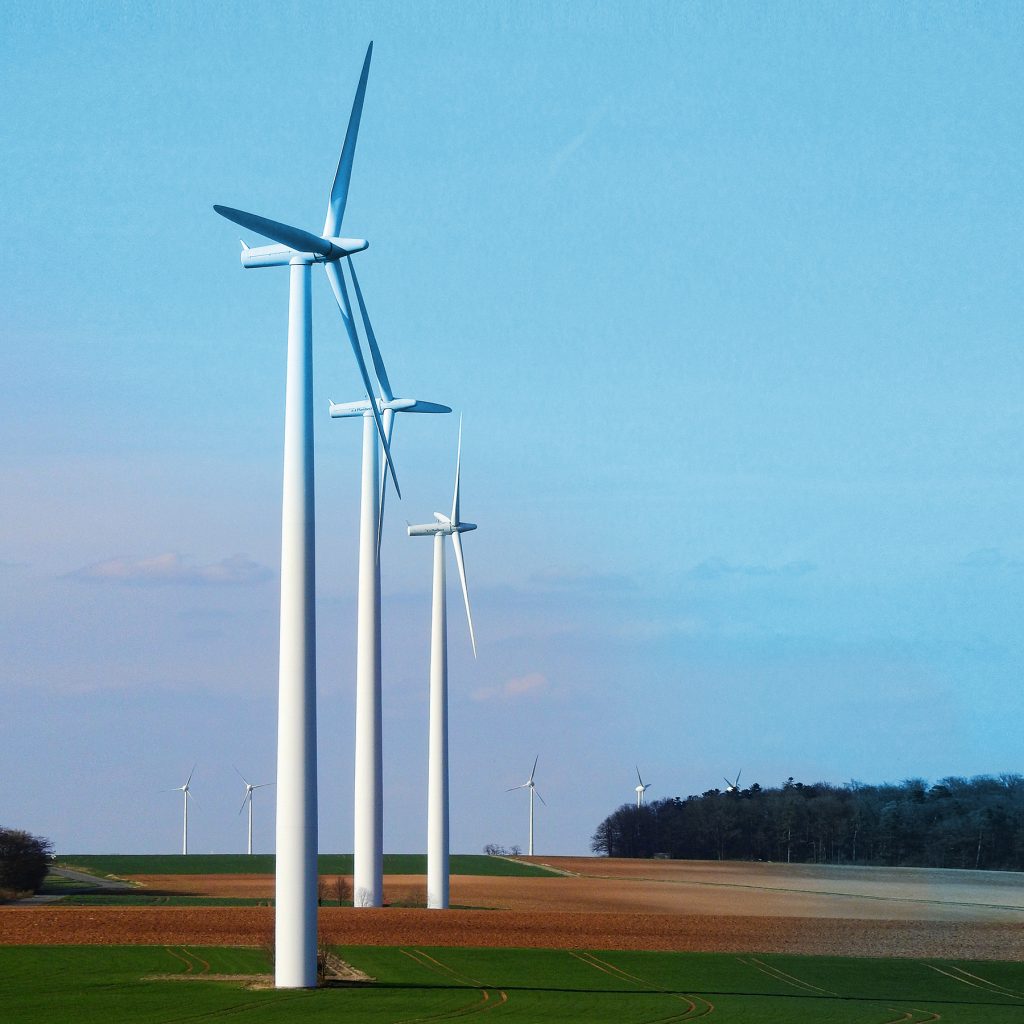
Toronto, Ontario – In “Renewables-based Distributed Energy Resources in Ontario: A Three-Part Series of Unfortunate Truths, Part 1 – Intermittency Considerations”, author Marc Brouillette describes how the intermittency of renewable generation resulting from Ontario’s climate and geography, undermines their potential to be coupled with storage to meet the province’s need for clean energy.
In this first of a series of three CCRE Commentaries, Marc Brouillette points out that pursuing renewables-based distributed energy resources to address Ontario’s forecast energy needs requires redundant storage and backup generation capacity. He extends the analysis to argue that the ambition of a 100-percent renewables future is not a practical option as 64 percent of the energy generated would be wasted. He concludes that coupling nuclear energy with storage, on the other hand, is a more efficient use of resources.
Principal consultant at Strategic Policy Economics, author Marc Brouillette has been advising provincial and federal government ministries, agencies and crown corporations for more than 20 years. He specializes in technology-based, public-private initiatives in policy-driven regulated environments.
The next installment in this three-part series of the CCRE Commentary by Marc Brouillette will identify the cost implications for ratepayers while the third and final installment will examine the economic implications for Ontario.
The Council regularly publishes the CCRE Commentary which are authored by independent experts and are intended to present fact-based reasoned opinions and points of view about some of the challenging issues facing the energy sector. They are meant to stimulate a broader and more inclusive public forum to help advance a fuller understanding of clean and reliable energy policy options. The opinions expressed in this CCRE Commentary are those of the author and do not represent the views of the CCRE.
The Council for Clean & Reliable Energy (CCRE) is an organization that provides a platform for dialogue and reasoned analysis on subjects related to energy policy. The Council understands the value of creating a broader and more inclusive public discourse, and during the last decade has facilitated conferences, thought leader roundtables, distributed opinioned publications and shared knowledge and expertise. The Council remains committed to continuing to facilitate debate on the generation, transmission and distribution of clean, affordable and reliable energy with a clear focus on finding effective solutions for Canada and abroad.




